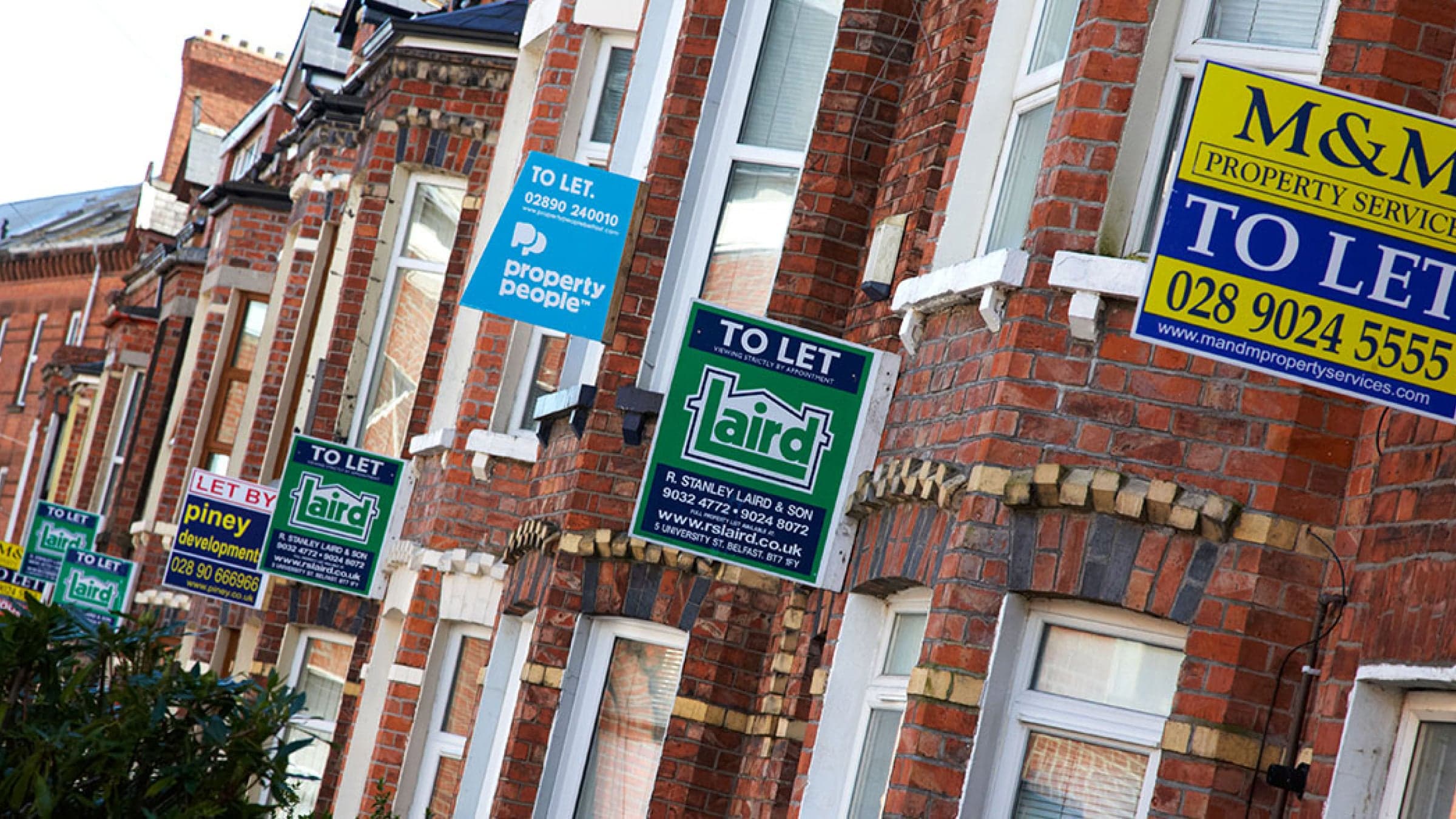From bad to worse: New renters’ reform bill could hand more power to landlords

Three things in life are certain, death, taxes, and tenants remaining powerless. Despite a few positive moves (such as landlords no longer being allowed to impose blanket bans on renting to families on benefits), the renters’ reform bill will see a new set of rules that landlords could exploit in order to evict their tenants.
The bill proposes the most significant reform of private renting in England and Wales since the 1988 Housing Act deregulated the sector in favour of landlords. It has faced a series of delays since it was first announced in 2019 but is anticipated to appear in Parliament on Wednesday (17th May).
The bill is expected to keep the Conservatives’ 2019 manifesto promise to ban “no-fault” evictions, which allow landlords to evict their tenants at any time without having to give a reason.
However, one Conservative member of the House of Commons Levelling Up, Communities and Housing Committee told The Independent that this move could have unintended consequences for private renters: “The trouble with banning no-fault evictions is that there could be a spike in Section 8 evictions, which go through the courts,” the unnamed MP said.
Section 8 of the 1988 Housing Act allows evictions on the grounds of rent arrears or damage to a property, or breaches of a tenancy agreement. This, therefore, could create a loophole, and an uptick in this sort of eviction could mean more tenants “will get a county court judgement (CCJ) against them,” the MP warned.
Private renters with CCJs would see their credit score adversely impacted; they might “struggle to get accepted by a [new] landlord” and could be asked for something “ridiculous” like 12 months’ rent up front to “mitigate risk”, the MP added.
The House of Commons Levelling Up, Communities and Housing Committee has lobbied the government to create a specialist housing court to deal with evictions fairly once Section 21 is banned, and to help country courts where there is a huge backlog of cases.
The Renters’ Reform Bill comes at a critical time for the 4.5 million households who rely on a private landlord to provide housing in England, as the country faces a severe social housing shortage with over one million households on waiting lists nationally, according to Shelter.
This has pushed low-income renters into the private market, and those who rely on housing benefits are struggling to afford their rent and face financial hardships. According to the homeless charity Crisis, the Local Housing Allowance (LHA) used to calculate housing benefits has been frozen at 2019/20 levels even though private rents have hit historic highs since the start of the pandemic.
Labour MP Clive Betts told The Guardian that the creation of a specialist housing court is vital to ensure that the Renters’ Reform Bill is enforceable against this backdrop. But, of course, this is nowhere to be found in the bill. Betts said that there are “no reasons” why the government couldn’t follow the committee’s recommendation for the creation of a dedicated housing court.
“It’s just a matter of willingness,” he said. “We first called for it seven or eight years ago. It’s not something new that the Government is suddenly having to think about.”

